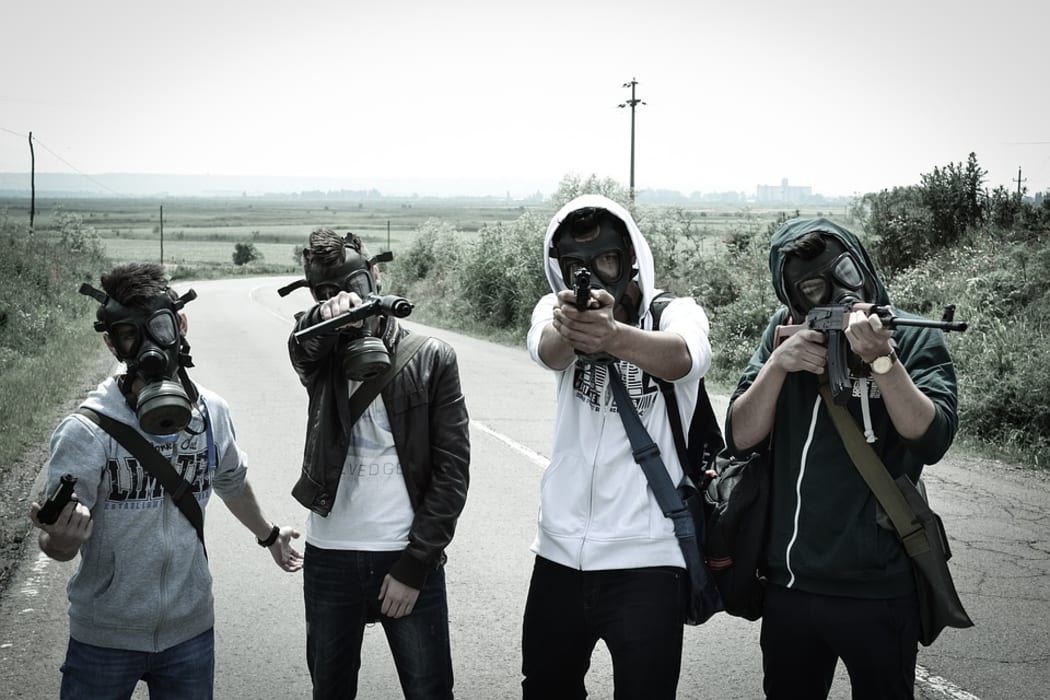The fact that many blockbusters are somehow about the end of the world as we know it doesn't simply indicate we're worried about the future, it reflects our capacity for denial, says cultural theorist Claire Colebrook.

Photo: Pixabay
The world that's annihilated in these films is often the western world and the post-apocalyptic world it's replaced by is one without books, televisions, cars or heated houses.
"So it's really the end of our world, the end of the western affluent world. And what's presented as the end of the world is actually conditions most humans have lived in throughout history."
Colebrooke believes these end-of-the-world movies are an example of Sigmund Freud's idea of reaction formation, in which the more pressing an anxiety is, the more you deny it, i.e. "I'm no racist, but…' or 'Some of my best friends are gay, but…'
"There is an anxiety there, but rather than confront it we just ramp up the denial of it."
Many people connect the rise of populism worldwide with a widespread anxiety about the future.
The power of Donald Trump's campaign slogan 'Make America Great Again' demonstrates this mass tendency to duck away from the immediate threats of present and a fragile future and shift our focus to an idealised past, she says.
"That looks like a really triumphalist slogan, but you can only 'make America great again' if you think it's not great now. You're saying that there was something that you had that was lost."

